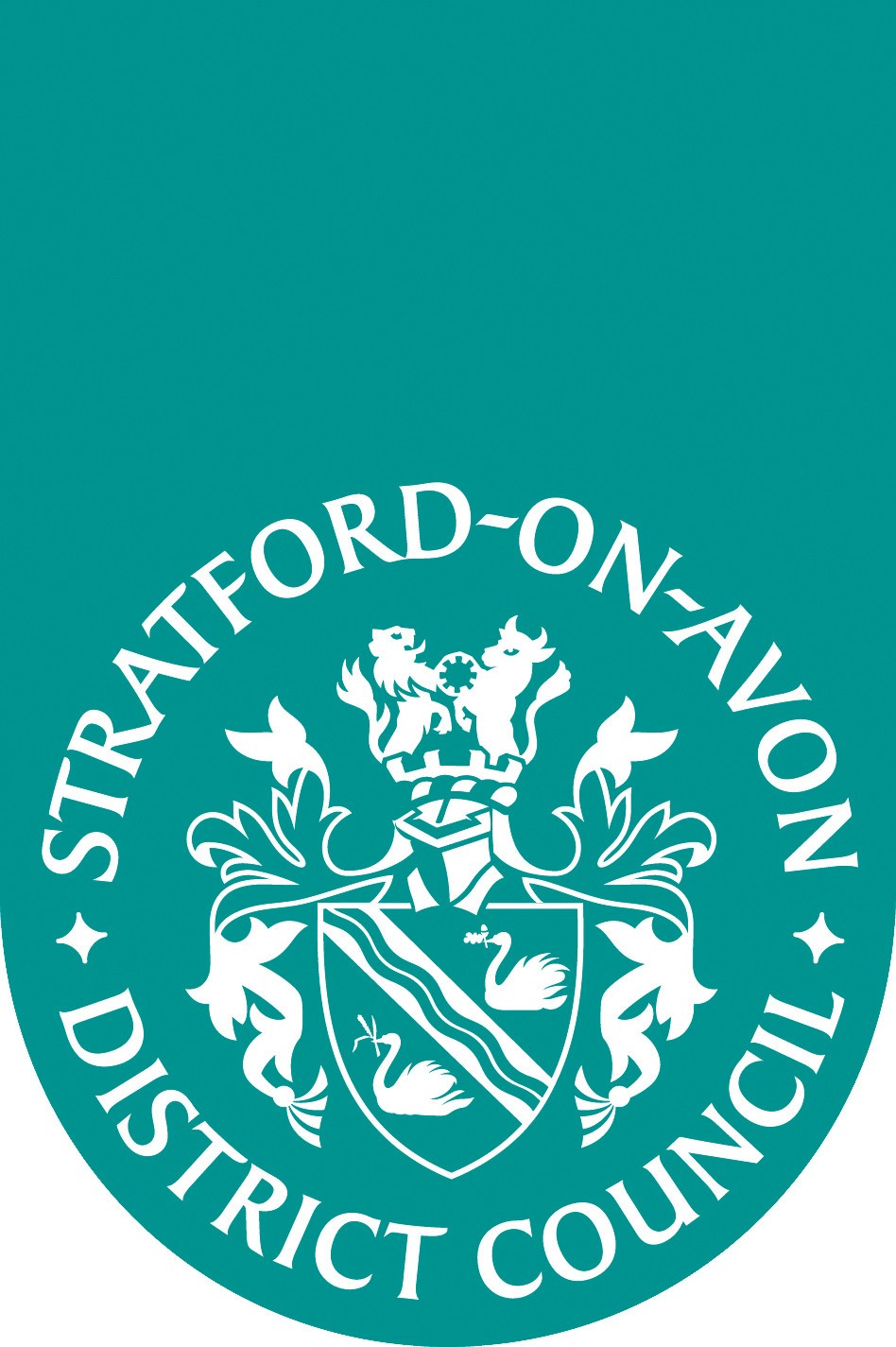
About Stratford District
Stratford-on-Avon is steeped in culture and history and we are very proud of our heritage. We welcome around 6.7 million visitors every year to the district and our residents are proud about the thriving place they live and the services we deliver. These are exciting times for the Council; over the last couple of years there has been a real acceleration in the delivery of what matters to our residents. We are becoming “fit for our future” and require two new Heads of Service to complement our Management Team to help shape and drive the modernisation of the organisation going forward.
Stratford-on-Avon District is a large, predominantly rural District, in the south of Warwickshire. Agriculture plays an important role in the local economy and has helped to create a mixed rural environment of pasture and arable farming. The District is also characterised by small market towns, historic buildings and pretty villages making it attractive to visitors. There are excellent motorway, road and rail networks, which connect the District not only with Birmingham and the West Midlands, but also with London, the North and the Southwest. These transport routes have played an important role in the development of an increasing industrial base with a number of companies of national and international renown. Much of the employment within the District is dependent on tourism, farming and the automotive industry and unemployment rates are below average.
Household income is above average in the District and therefore, unsurprisingly, the area sees a higher weekly wage than the regional and national average. The District has one of the most highly qualified workforces in the region. However, there is a high proportion of low paying employment in the retail, hospitality and tourism sectors. Allied to this there is a high cost of living in housing and travel impact on the ease of recruitment for certain sectors.
Culture and tourism obviously play a significant role in the District as well. The most famous event of the District’s history is, of course, the birth of William Shakespeare in Stratford-upon-Avon itself. The five properties connected with his life that are preserved in and around the town play a major part in the local economy. Millions of tourists visit Stratford-upon-Avon every year from all around the world, and about one in eight jobs in the District rely on their presence.
About Stratford District
Stratford-on-Avon District is a large, predominantly rural District, in the south of Warwickshire. Agriculture plays an important role in the local economy and has helped to create a mixed rural environment of pasture and arable farming. The District is also characterised by small market towns, historic buildings and pretty villages making it attractive to visitors. There are excellent motorway, road and rail networks, which connect the District not only with Birmingham and the West Midlands, but also with London, the North and the Southwest. These transport routes have played an important role in the development of an increasing industrial base with a number of companies of national and international renown. Much of the employment within the District is dependent on tourism, farming and the automotive industry and unemployment rates are below average.
Many residents of the District commute to higher paid jobs outside, while the lower paid jobs within the District are often filled by people commuting into the District. Household income is above average and this ranges from £37,000 in the Alcester area to almost £50,000 in Tanworth in Arden.
Culture and tourism obviously play a significant role in the District as well. The most famous event of the District’s history is, of course, the birth of William Shakespeare in Stratford-upon-Avon itself. The five properties connected with his life that are preserved in and around the town play a major part in the local economy. Millions of tourists visit Stratford every year from all around the world, and about one in eight jobs in the District rely on their presence.

We are a focused, busy and forward-thinking workforce, committed to providing the best services we can to both our residents and visitors. We are successful as a result of having flexible, committed and enthusiastic staff, who are prepared to go the extra mile and have a ‘can-do’ work ethic.
Our ambition is that SDC becomes the most inclusive local authority employer in the UK. To achieve this we will create a welcoming, inclusive workplace where we are all able to bring our whole selves to work and perform at our best. Trust, integrity, approachability and adaptability will be encouraged and valued.
